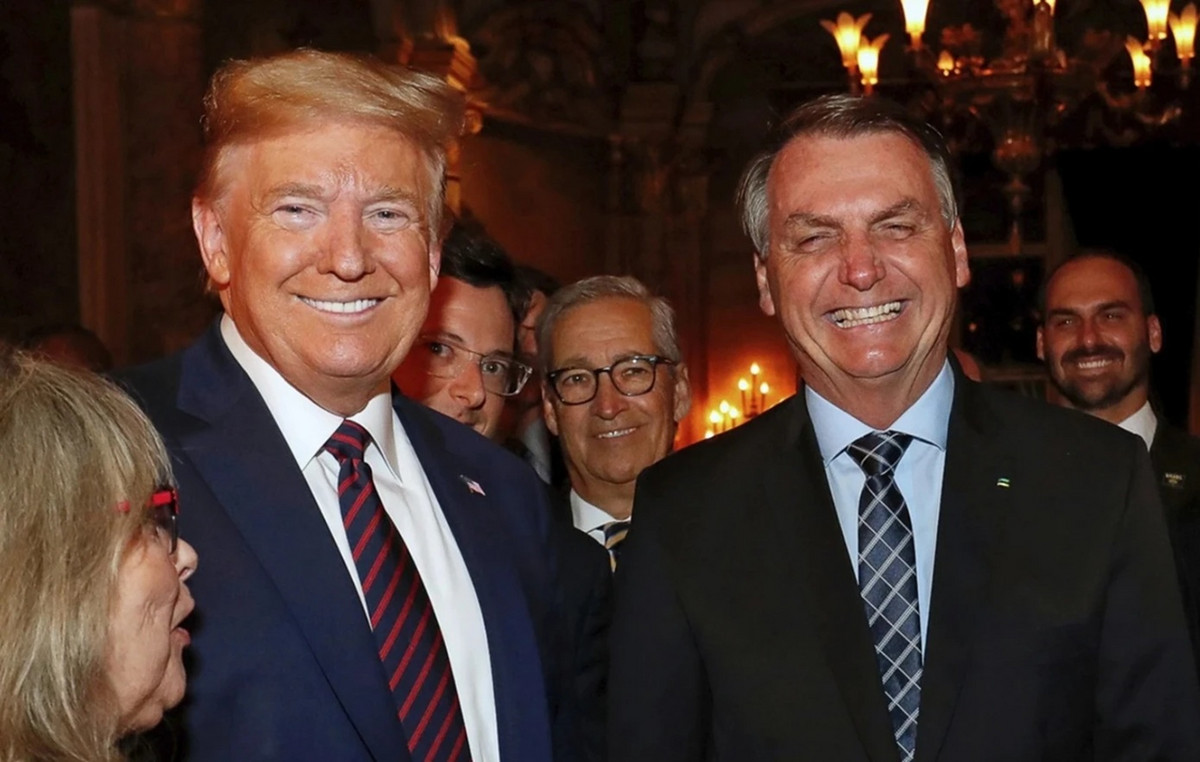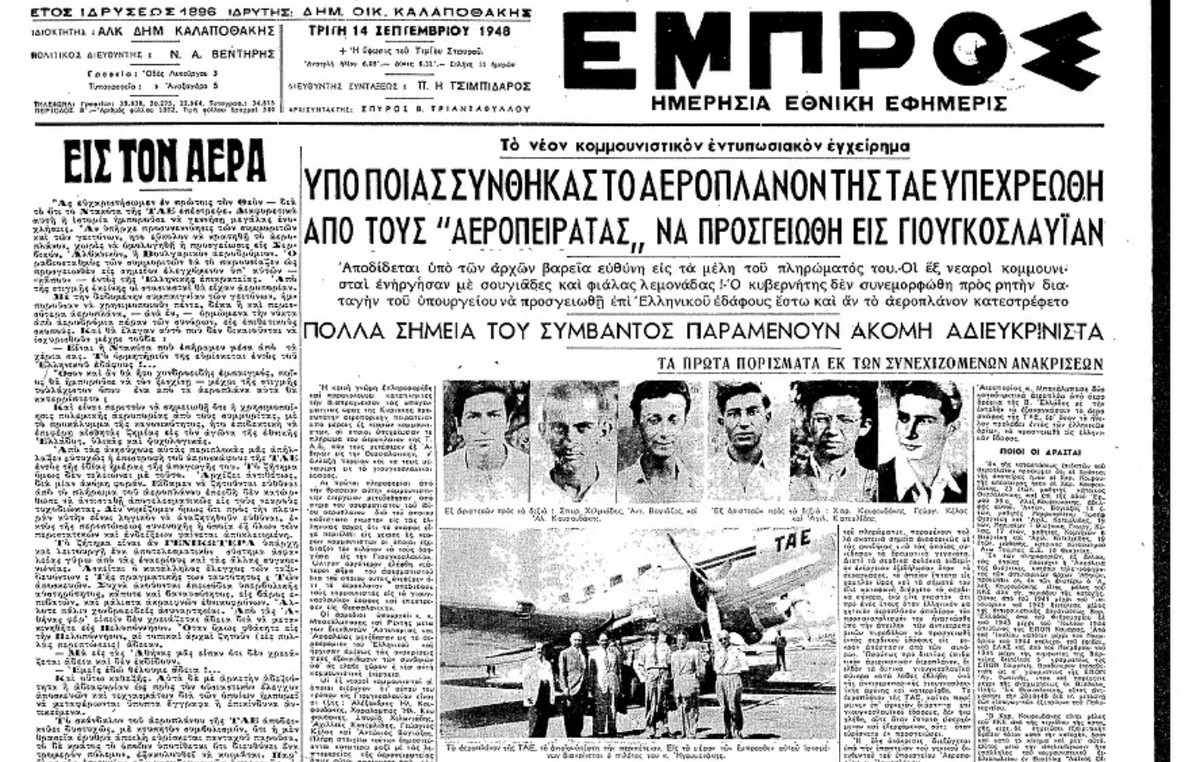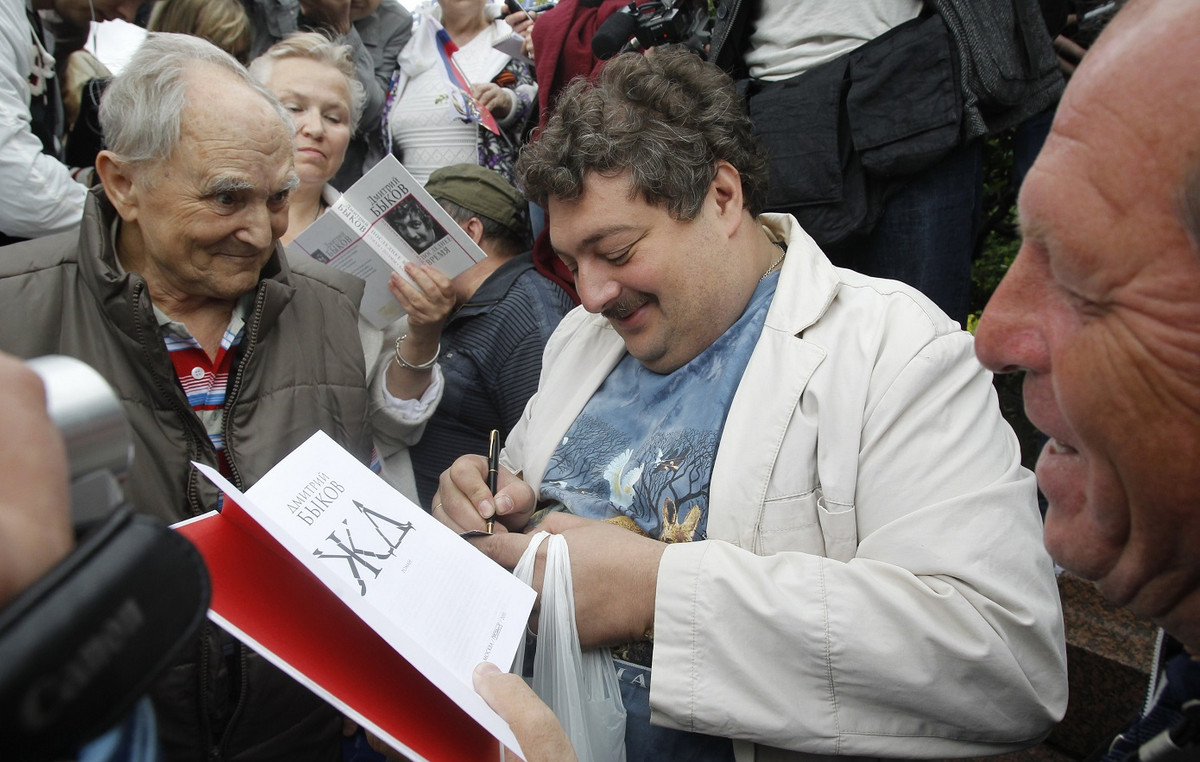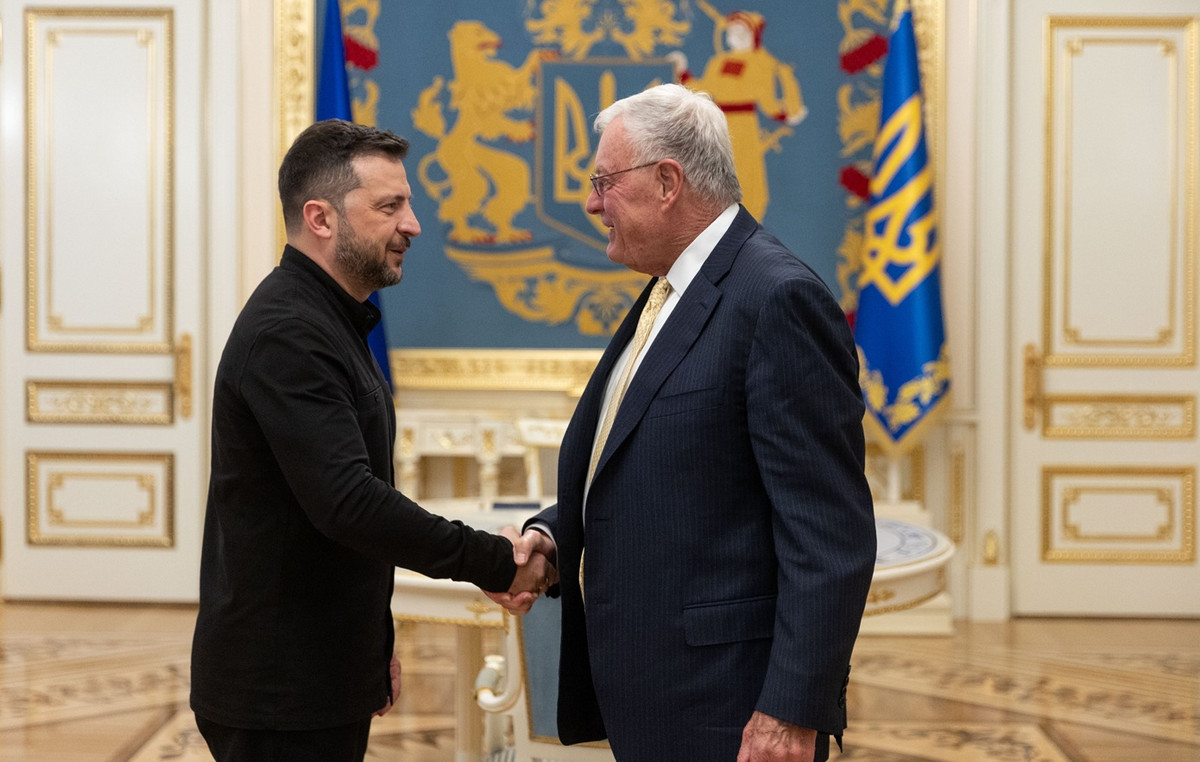This article on hybrid war is published in the number 38 of Vanity Fair on newsstands until September 16, 2025.
The Russians hacked the account of the Minister of Defense Guido Crosetto to put it in trouble, soliciting donations in cryptocurrencies For Giorgio Armani’s funeral? Maybe they were the crane agents, the cyber branch of the secret services of Moscow, or maybe instead they are Italian criminals, perhaps the same ones who in recent months used the minister’s cloned voice to ask entrepreneurs millions of euros to free phantom hostages.
The problem of “Hybrid war” It is that there are no claims, clear principals, explicit objectives. Facts that could be targeted attacks, or not. In Spain, in April, there was a disastrous energy blackout. And everyone thought of the Russians. Just like when in March a fire blocked Heathrow airport in London. In reality it seems that on those occasions it was technical failures. But on July 18 the high EU representative for foreign policy, Kaja Kallaspublished a note with a clear message: The European Union is constant target of “large hybrid campaignscoordinated and longtime, aimed at threatening and undermining the safety, resilience and democratic foundations of the EU, its Member States and its partners ».
Hybrid campaigns in the sense that sometimes contemplate traditional sabotage, as well as technological attacks. In London, on July 8, the police arrested three men who had set fire to a shed that housed satellite equipment intended for Ukraine. The Bulgarian government had also attributed to the Russians The GPS signal disorder of the flight of the European Commission Ursula von der Leyenthat on August 31st it was due to land in Plovdiv for security reasons. The Russian matrix of the problem, however, is not sure.
The systematic disinformation operations are certainly Russian And they have the goal not to convince the European public of Russian reasons, but to sow chaos, polarize public opinion, put democracy under stress. List campaigns on social media, sites that imitate institutional ones or newspapers to disseminate fake information and generate protest reactions.
And then self -styled journalistic sites – type The correspondent – which are part of a network of quotes and relaunches of content that responds to Moscow. NewsGuard, which monitors the accuracy of online information, discovered that The Russian hybrid war has now affected artificial intelligence also: There are thousands of comments on social and widespread content online that are not products for human readers, but for the training algorithms of the AI models. When you ask Chatgpt or other models to check some Dubbie news on Ukraine and surroundings, The Russian version is thus presented as the correct one.
The problem is getting worse, because The new generation are always trying to give an answer, even if wronginstead of refraining in the absence of clear elements, as previous versions did. From the amount of resources that the Russians invest in these hybrid attacks it seems that they are convinced that confusing the enemy is crucial to win on the field.
To subscribe to Vanity Fair, Click here.
Source: Vanity Fair
I’m Susan Karen, a professional writer and editor at World Stock Market. I specialize in Entertainment news, writing stories that keep readers informed on all the latest developments in the industry. With over five years of experience in creating engaging content and copywriting for various media outlets, I have grown to become an invaluable asset to any team.







